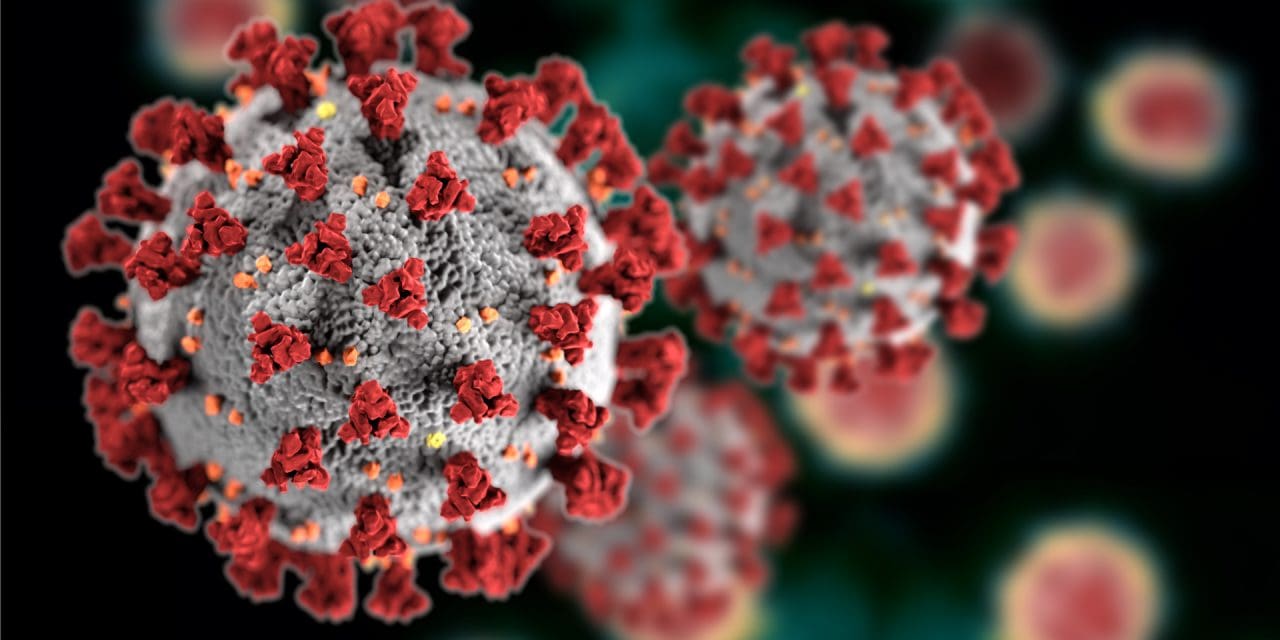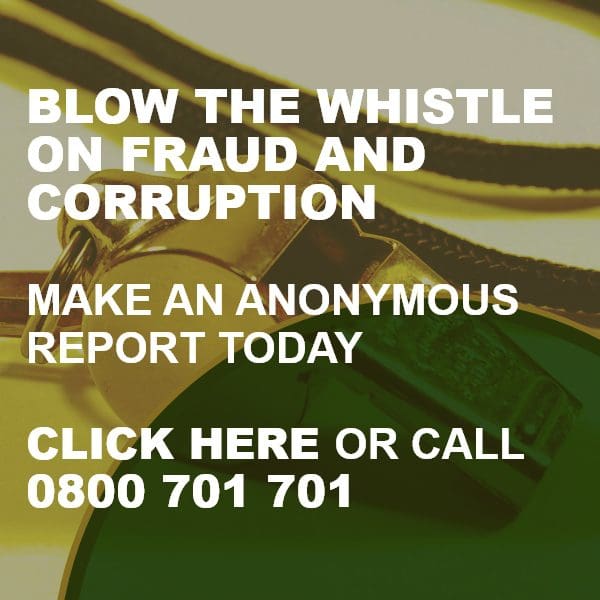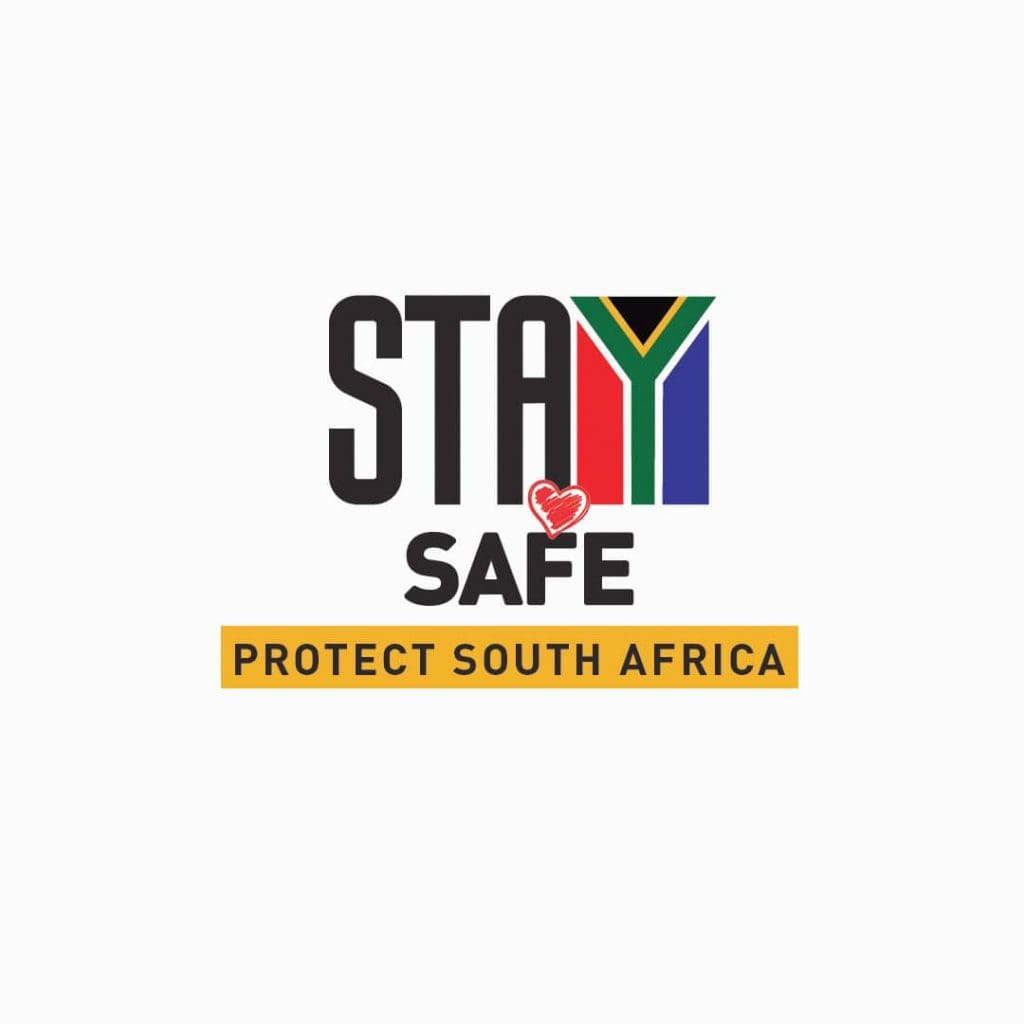What are coronavirus and COVID-19?
Coronaviruses form a large family of viruses that are known to cause respiratory infections ranging from the common cold to severe acute respiratory syndrome (SARS). The most recently discovered coronavirus is severe acute respiratory syndrome coronavirus 2 (SARS-CoV-2) which causes the disease coronavirus disease 2019 (COVID-19). COVID-19 and the virus which causes it were unknown before the outbreak which began in Wuhan, China, in December 2019 and has since spread to more than 100 countries across the world.
Common COVID-19 symptoms
Do not panic. Medical experts around the world, including at the South African Institute for Communicable Diseases and the World Health Organisation agree that the vast majority of people who contract COVID-19 – 8 out of 10, in fact – show mild to no symptoms and do not need special treatment.
- fever
- tiredness
- dry cough
- aches and pains
- nasal congestion
- runny nose
- sore throat
- diarrhoea.
Some COVID-19 cases can be serious
Older people, and those with high blood pressure, heart problems or diabetes or who have compromised immune systems are more likely to develop serious illness. People with fever, cough and difficulty breathing should seek medical attention.
While most people who get COVID-19 will have mild symptoms, it presents a major risk a significant minority of people. Older people, people with high blood pressure, heart problems, diabetes and those with compromised immune systems can become seriously ill and may need hospital care. Globally, one out of six people fall into this group. Aside from the immediate risk it presents to them, the healthcare system cannot manage such a large influx of high-care patients and people may not receive the care they require, leading to otherwise preventable deaths. This includes people with severe cases of COVID-19 or even unrelated conditions which also require urgent- or high-care, which is why limiting the spread of the disease is so important.
How to prevent transmission
Do not panic but do take care where you can. Apply the following COVID-19 safety tips to protect yourself and others from contracting COVID-19. You can end the pandemic.
- Wash your hands regularly with soap and water for at least 20 seconds. If soap and water are not available, use an alcohol-based hand sanitiser with at least 60% alcohol content. Any less will not kill the virus.
- Do not touch your eyes, nose or mouth with unwashed hands. Keep the virus out of your body.
- Avoid close contact with people who are sick. If you do come into contact with someone who has COVID-19, call the coronavirus hotline 0800 029 999 and keep away from others until you are certain you are COVID-19 negative.
- Avoid close contact with people as far as possible. COVID-19 symptoms take up to three weeks to show, during which time the disease can be passed on.
- Cover coughs and sneezes with a flexed elbow or a tissue which you throw in the bin immediately.
- Clean and disinfect frequently touched objects and surfaces. The virus has been shown to survive for a long time on surfaces.
What if you do become sick
If you become sick or are in close contact with someone who is already sick:
- Keep a safe distance away from anybody else at home.
- Call your doctor or clinic and report your symptoms. Emergency services are operating as usual but it is best to not show up without warning.
- If you have to go see them, wear a face mask so you don’t potentially pass it on to everyone in the waiting room.
- Practice good hygiene before leaving home, while you are away from home and when you return.
For more information visit the COVID-19 Coronavirus Resource Portal









